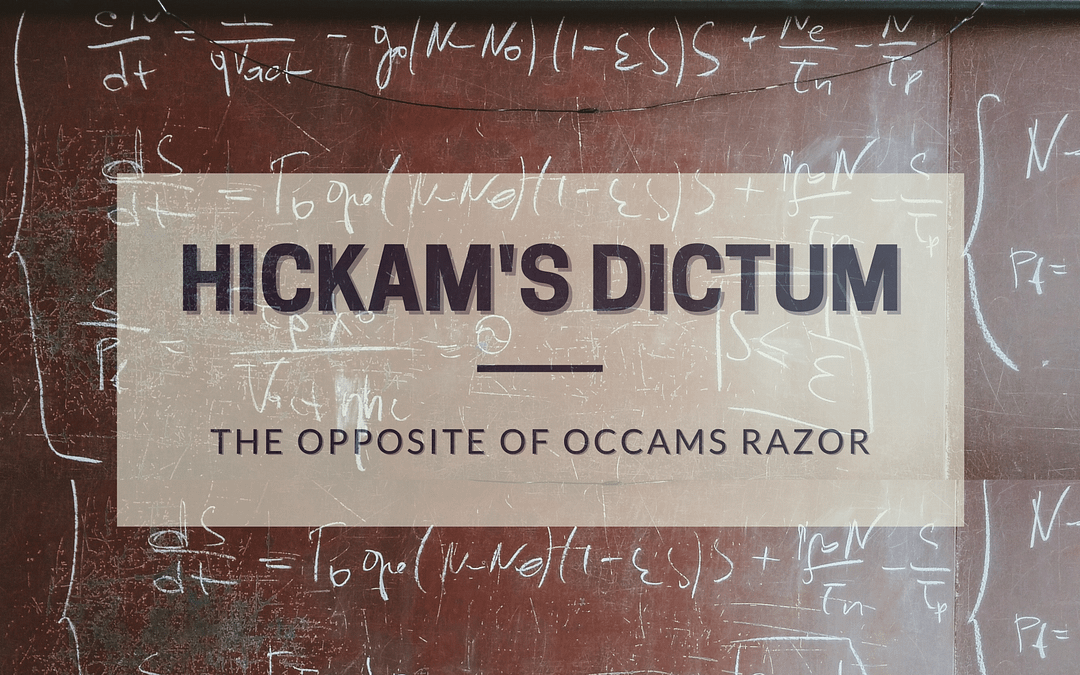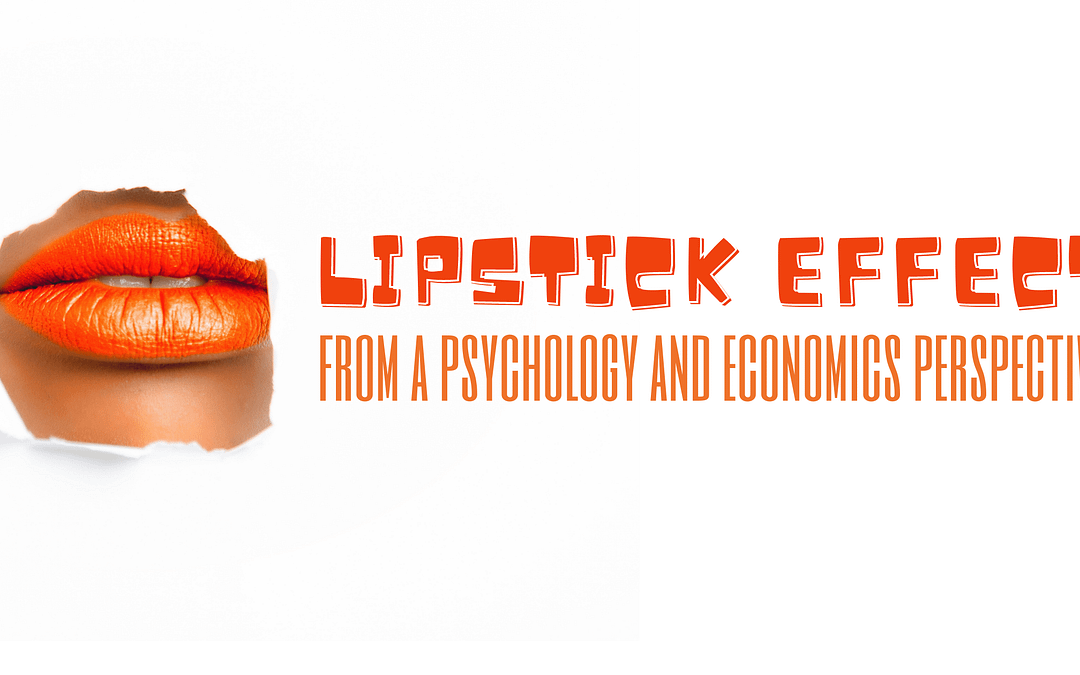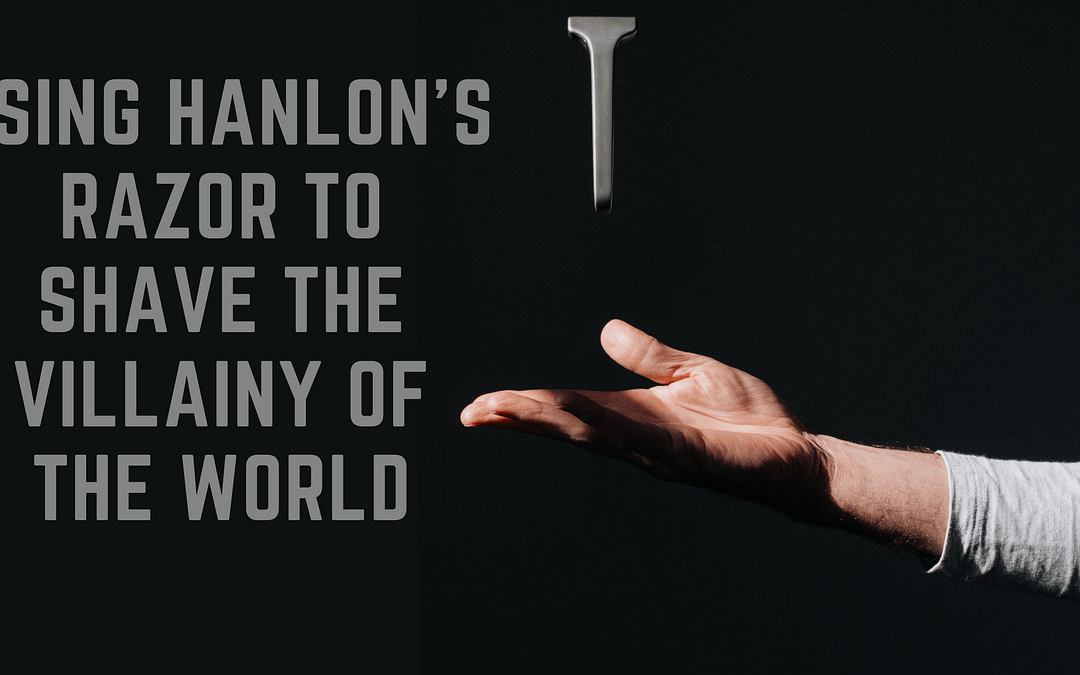
by Taz | Apr 13, 2021 | Mental Models, Thinking Tools
Inversion is probably one of the most important mental models you can learn, not because of what it can help you do, but because of what it can help you avoid. Inversion looks at a problem backward, asking the opposite of what it is you’re trying to achieve. If you...

by Taz | Mar 17, 2021 | Thinking Tools
By now, you may already know something about cognitive biases, but you probably haven’t given too much thought to how they interact. Charlie Munger, an incredibly successful investor, coined the Lollapalooza effect to describe the interactions between cognitive biases...

by Taz | Jan 24, 2021 | Mental Models, Thinking Tools
“Patients can have as many diseases as they damn well please.” John Hickam Occam’s Razor implies that the simplest answer is usually the correct one. This is often not the case in the medical profession. The body is a complicated organism with a lot of moving...

by Taz | Nov 11, 2020 | Economics, Mental Models, Psychology
The lipstick effect defies what most people would come to expect during an economic downturn. The theory states that during a recession, the sales for lipstick nearly always increase. This has been shown in many cases, and it continues to perplex economists. A few...

by Taz | Oct 21, 2020 | Philosophical Razors, Thinking Tools
Hume’s guillotine is a mental model for separating facts from values. In the words of David Hume himself, “If the cause, assigned for any effect, be not sufficient to produce it, we must either reject that cause, or add to it such qualities as will give it a just...

by Taz | Oct 11, 2020 | Philosophical Razors, Thinking Tools
Hanlon’s Razor is about giving people the benefit of the doubt. Just like many other mental models, it is a tool to help us see past the bounds of our ego. We too often assume the actions of others have to do with us, as if our lives are the ruling factors in theirs....








Recent Comments